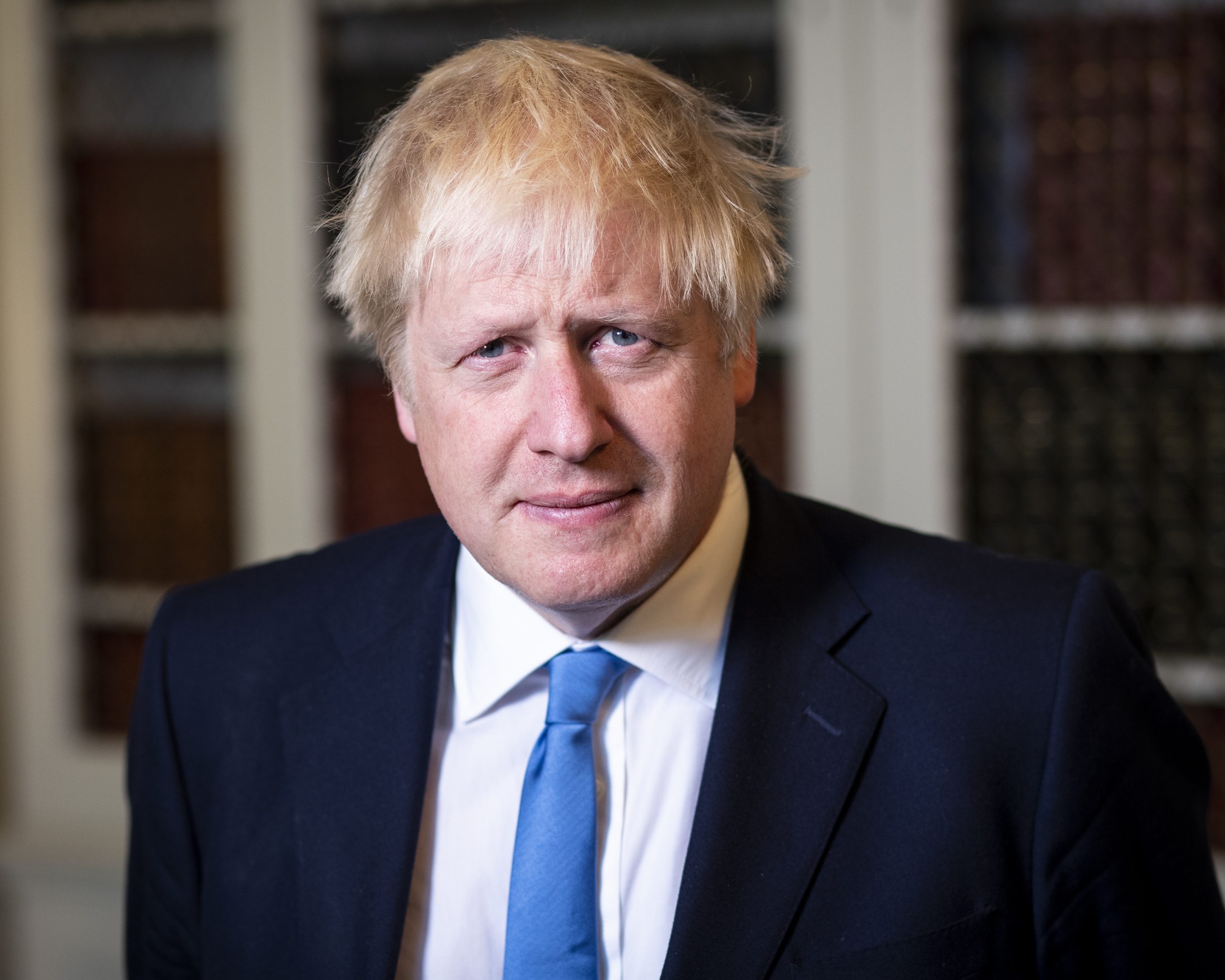Boris Johnson has said the army is on standby as part of the government’s “battle plan” to fight the coronavirus, as the number of Covid-19 cases in the UK rises to 51.
Health secretary Matt Hancock warned the virus poses an “increasingly serious” threat and told MPs it was “becoming more likely that we will see widespread transmission here in this country,” which ministers warned could increase deaths in the elderly and vulnerable.
The 28-page action plan warns a pandemic will see police and fire services able to only deal with the most serious crimes and incidents. Should officers become infected, forces around the country would concentrate on “critical functions” and “responding to serious crimes and maintaining public order”.
Military support for emergency services
The military will provide support to the emergency services, if needed, while workplaces could see one-in-five of their staff take absence due to the virus.
The NHS will postpone some non-urgent treatment if the virus becomes widespread, in order to treat those infected and could call on recently retired doctors and nurses to return to work to help.
Schools could close and major gatherings could be cancelled, affecting sporting, cultural, historic, social and business events.
PM – ‘This is a national challenge’
The prime minister said: “The plan does not set out what the government will do; it sets out the things we could do at the right time and on the basis of scientific advice.
“I do think this is a national challenge. The potential is there for this to be something that our country has to get through but I’ve got absolutely no doubt we’ve got the resources, health service, we’ve got the expertise to do it.”
In the Commons, Hancock told MPs the government’s approach is to “prepare for the worst and work for the best”, saying the response remains in the containment phase.
He added: “If the number of global cases continues to rise, especially in Europe, the scientific advice is that we may not be able to contain this virus indefinitely”.
Brexit costs UK membership of EU’s pandemic warning system
During the announcement at Downing Street, the prime minister “appeared to pass” on a question about the government’s decision “not to retain access to the European Union’s pandemic warning system”, the Guardian reports.
The PM’s office “said no” to the department of health’s wish to retain membership of the Early Warning and Response System (EWRS) post-Brexit, despite senior health advisers warning it would “public health at risk”, as reported in the Telegraph.
The decision is because the UK team negotiating with the EU “did not want to blur the UK’s request for a basic, Canada-style trade deal, it is claimed.
“Every add-on requested by the UK would risk giving the EU leverage to demand post-Brexit alignment”, the paper explains.




